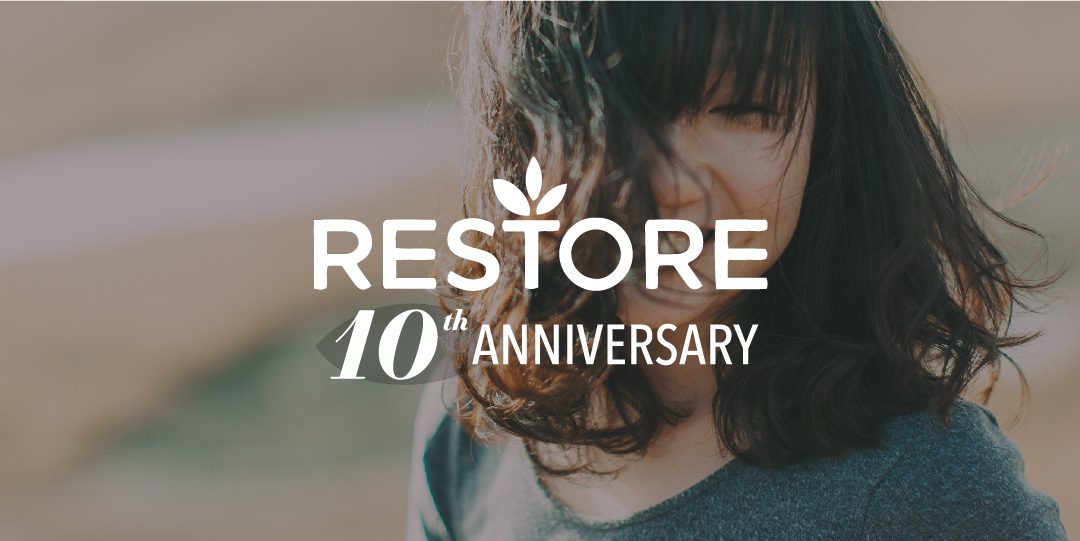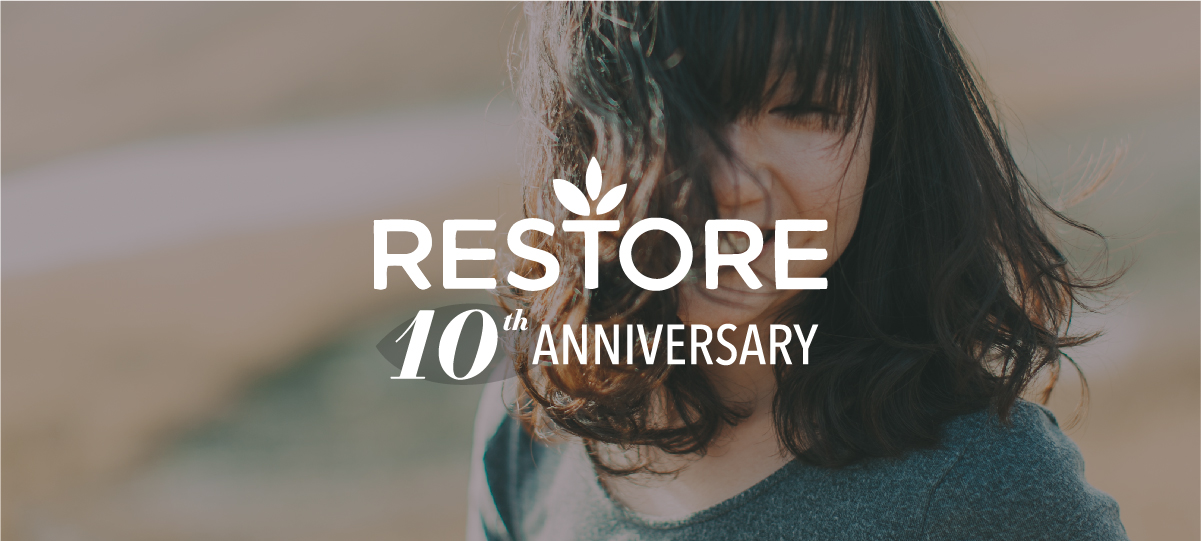“Nelia” grew up in a shanty town in a major city in Asia. When she was 13, her family told her she had to work. An acquaintance arranged for Nelia to live with and clean for a local family.
After four years of working with this family, her employers’ friends from the U.S. visited. They remarked on her diligence and friendliness and offered to take her to the U.S. They promised that they would help her pursue an education if she would live with them and help care for their son, also promising they would pay her five times as much as she was currently earning. Nelia made plans to move to the New York area in the summer of 2009. She knew no English and had a middle school education.
When Nelia arrived at JFK, a man with a sign in her language met her, telling her that he would take her to her new employers. He drove her to an apartment building that was a residential brothel.
Nelia shares, “this was the end.” Alone in a strange apartment in a new country where she didn’t speak the language, Nelia was sexually assaulted at the age of 17. Two days later, she was told that she would “see” three men that day. Nelia was sex trafficked in this residential brothel for seven months. She was told that she owed her new employers $4,000 for airfare and a tourist visa and that they would report her to immigration if she didn’t work it off.
In October 2010, Nelia’s traffickers moved her to a massage parlor. She remembers it being the holiday season when it was raided by law enforcement. She was arrested.
What happened next was a blur. “I was dead. I learned that in this world you could trust no one,” she shares.
Nelia was angry. She felt judged and misunderstood. She felt she had no choice but to stay with her traffickers so she could work and have a place to live. And she was here illegally, her tourist visa long expired.
“My fate was sealed. The world was a bad place, and I was trapped. I wished I had never come.”
Nelia was processed through the prostitution diversion court in Queens, now known as the Human Trafficking Intervention Court, and offered five sessions with Restore NYC to dismiss her case.
The early Restore community helped Nelia regain hope. She moved into Restore’s new Safehome. A partner organization helped her obtain a trafficking visa. A Restore supporter who owned a small coffee shop in the Village hired Nelia for her first safe job in the U.S. She made five times as much as her first job back in her home country.
After working in the coffee shop for three years, she became a kitchen manager and remained in that role for two years before moving into hospitality at a boutique hotel. Today, she is married with a baby on the way.
Reflecting on Restore’s 10th anniversary, Nelia shares:
“Restore showed me that there are good people in the world. This team fought for me. I feel like we have won.”
*Names in this story have been changed to protect identities.



Recent Comments